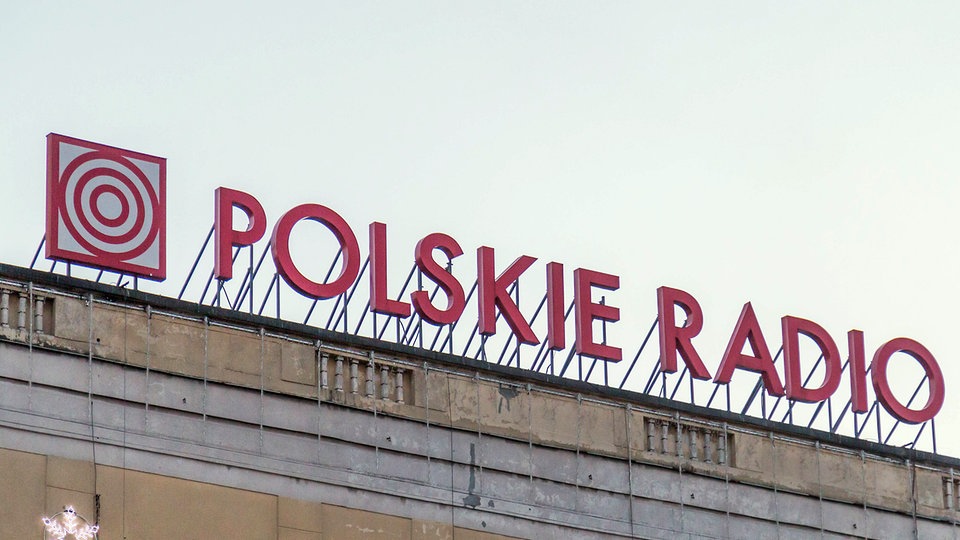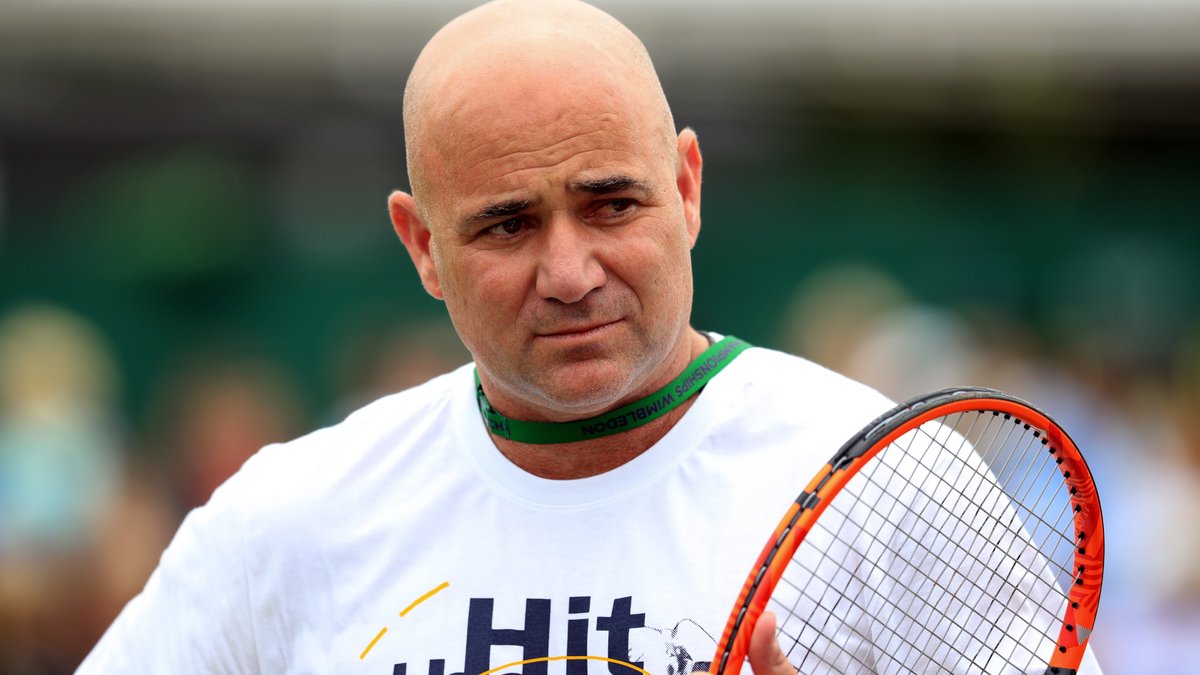Market not big enough
But experts are also sounding the alarm. Wiesław Godzic is a cultural and media scholar at the University of Wroclaw. He is an expert in pop culture and audiovisual media. It comes as no surprise to him that the radio stations have responded so quickly and so closed to the planned law: “The radio stations are against the law because they see the situation in the market.” The market depends on the listener and he sees no place in the programs for even more Polish music. The Polish music market is simply too small and “if the quota is increased, the quality will suffer. We won’t find so much valuable music. Polish music doesn’t have that many representatives,” he said in an interview.
–
Radio ratings are not new
The radio quotas for promoting local music are not a new instrument. They exist in many European countries – although the interests and goals are and were certainly different. In the GDR, for example, there was a quota of 60 percent for music from local production. And France also introduced a quota for local songs in 1994 in order to save the then severely weakened French music industry from collapse. To date, the radio stations have to include at least 40 percent French-language music in their programs. Although the quota was initially heavily criticized in France, it was considered a great success a short time later. Many see in her the cornerstone for a new generation of French artists. In contrast to the Polish music market, however, the French one is significantly larger, as the language is spoken by many more people. Wiesław Godzic, the cultural and media scientist from the University of Wroclaw, therefore doubts that a similar positive development as in France would also occur in Poland.
–
Accusation of politicization
Godzic believes the increase in the quota is primarily a politically motivated proposal that primarily has nothing to do with promoting Polish culture. “I see it as just another piece of the mosaic of a strategy that everything should be national and patriotic.” The ruling party PiS is fascinated by the “national idea”. “You have to stop pretending that you know better than the audience what they want.”
–
Godzic does not believe that the quota proposal could help make Polish music more present in the future: “The market doesn’t work that way. The market must first be interested, and it doesn’t matter whether it’s Polish, French or English music , it must be good. ” The market does not think nationally, but aesthetically. The broadcasters also argue that the planned quota would not help the affected artists at all. They fear that the quota will cause them to lose listeners and thus also advertising income. And then many would have to withdraw from concert collaborations with Polish artists.
–
So far, far from 49 percent
According to the latest figures from the National Broadcasting Council KRRiT, Polish radio stations broadcast 40.4 percent of Polish music in 2019. The commercial nationwide radio waves RMF FM and Radio Zet only had a share of 34.5 percent. The youth programs RMF Maxxx and Radio Eska were slightly higher with 36.5 percent and 37.3 percent. The public service programs of Polskie Radio had the highest share of Polish music at 44.3 percent. Many experts also find it strange that the quota only relates to Polish-language music. The language of the text alone is decisive for counting towards the quota. This leads to the paradox that the songs of some Polish artists cannot count towards the quota if they are sung in English. Songs from other languages are also regularly translated into Polish so that they are covered by the regulation. Another strategy that many radio stations use is to “broadcast” a lot of Polish music at night.
–
– .

